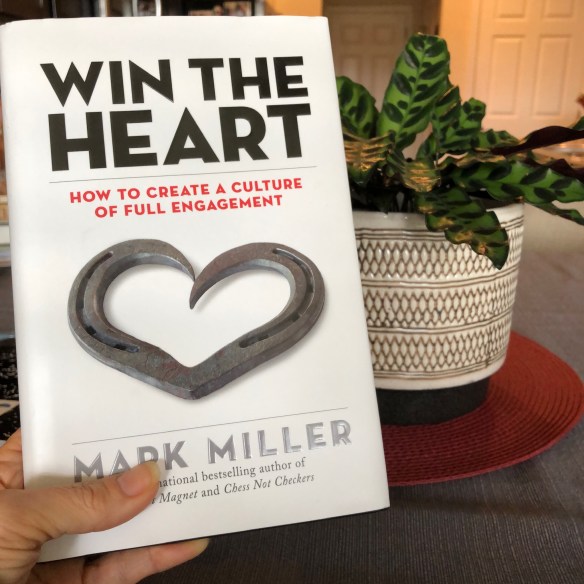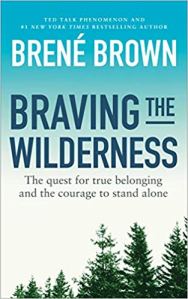
The Common Rule by Justin Whitmel Early
I haven’t read a complete book in one day in… I don’t know how long. But I had a quiet, no-urgent-task Saturday, a beautiful fresh-breeze sunny day, and an empty back-porch couch all to myself. And I had a great book, full of authentic hopeful words that drew me in and gave nourishment to my soul.
It was a powerful combination –
one that doesn’t happen often.
I almost gave up on The Common Rule at first. It seemed a bit over-simplified, and after a number of heart-wrenching, mind-numbing, complex, and difficult years, I am not a big fan of “just do this…” kind of answers. However, the more I read, the more Justin Whitmel Earley captured me with his authenticity and his grasp of reality as he offered flexible options that could work for our many-varied steps on the journey.
Early writes about habits.
Habits of purpose,
habits that counter our decision fatigue,
habits that “form our hearts” and lead us to love.
He recommends eight habits in the book. The habits focus on loving God and others and on refreshing our hearts while we resist those easy-to-fall-into tendencies that wear us down.
The habits are not about legalistic ritual. They are suggested to battle self-condemnation, anxiety, isolation, hurriedness, and injustice. The habits lead us toward peace, gratefulness, compassion, deeper relationships, and rest. Which one of us of doesn’t long for those things?
Earley’s habits are as simple as having one meal with others each day or turning off the phone for one hour a day. But they are not easy.

The eight habits of purpose
The most ordinary habits of limitation create
the most extraordinary lives of meaning.
So far, I have implemented into my days only parts of some of his suggested habits, but I am encouraged that even those have made a difference. In these days of so much uncertainty, chaos, and loss of routine, regular life-giving habits can provide help for building the resilience we need for the long-term changes we have in front of us. They certainly gave me hope and I think adding some habits of purpose into your life might give you hope too.
If you have read the book or read it now, please share with me what you thought about it. I’d love to hear from you.
What helpful habits do you have in your life?



 Mark Miller sells chicken. He also writes books.
Mark Miller sells chicken. He also writes books.
 I carry a heavy burden on my heart for the way our world is so fractured and divided these days. I have lived a lot of years, and I do not remember it being like this before – a very clear and determined “us versus them” – with anger, hatred, meanness, and unwillingness to listen to each other prevalent in every sector of our society.
I carry a heavy burden on my heart for the way our world is so fractured and divided these days. I have lived a lot of years, and I do not remember it being like this before – a very clear and determined “us versus them” – with anger, hatred, meanness, and unwillingness to listen to each other prevalent in every sector of our society.



 One of my favorite authors has put out a new book! Mark Miller writes creatively through story about leadership and character in a way that is immediately useful to readers. Mark’s new book, “Leaders Made Here”, helps us know how to create a leadership culture that supports a leadership pipeline for our organizations. Check it out
One of my favorite authors has put out a new book! Mark Miller writes creatively through story about leadership and character in a way that is immediately useful to readers. Mark’s new book, “Leaders Made Here”, helps us know how to create a leadership culture that supports a leadership pipeline for our organizations. Check it out  Mark Miller is the best-selling author of 6 books, an in-demand speaker and the Vice President of High-Performance Leadership at Chick-fil-A. His latest book,
Mark Miller is the best-selling author of 6 books, an in-demand speaker and the Vice President of High-Performance Leadership at Chick-fil-A. His latest book, 